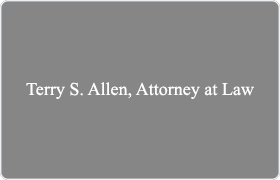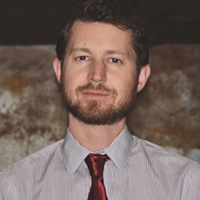Valley Center White Collar Crime Lawyer, California
Sponsored Law Firm
-
 x
x

Click For More Info:
-
Terry S. Allen, Attorney at Law
316 South Melrose Dr Suite 206 Vista, CA 92081» view mapCriminal Defense Law Defending Your Rights
Terry Allen is a practicing lawyer in the state of California who handles Criminal and DUI cases.
800-852-8530
Jacob Prescott Austin
✓ VERIFIEDCriminal, Felony, Misdemeanor, DUI-DWI, White Collar Crime
Over the years I have worked on cases spanning many areas of law such as marriage dissolution issues, transferring trademarks, elder abuse, financial ... (more)
Edward Joseph O'Connor
White Collar Crime, Personal Injury, Business, Mass Torts, Criminal
Status: In Good Standing Licensed: 17 Years
Edward Joseph O'Connor
White Collar Crime, Personal Injury, Business, Mass Torts, Criminal
Status: In Good Standing Licensed: 17 Years
Kenneth Robert Elliott
Domestic Violence & Neglect, White Collar Crime, DUI-DWI, Criminal
Status: In Good Standing Licensed: 36 Years
Thomas Francis Matthews
White Collar Crime, Wrongful Death, Divorce, Insurance, Class Action
Status: Inactive Licensed: 49 Years
John Leis Staley
Other, Litigation, White Collar Crime, Civil Rights, Federal Appellate Practice
Status: In Good Standing Licensed: 39 Years
Larry Howard Mcbride
Federal Appellate Practice, White Collar Crime, Constitutional Law, Personal Injury
Status: In Good Standing Licensed: 35 Years
Juan Carlos Castaneda
Lawsuit & Dispute, International, Intellectual Property, White Collar Crime
Status: In Good Standing Licensed: 19 Years
Mitchell G. Miller
White Collar Crime, Estate Planning, Construction, Dispute Resolution, Sexual Harassment
Status: In Good Standing Licensed: 10 Years
 Terry Allen Vista, CA
Terry Allen Vista, CA AboutTerry S. Allen, Attorney at Law
AboutTerry S. Allen, Attorney at Law Practice AreasExpertise
Practice AreasExpertise

